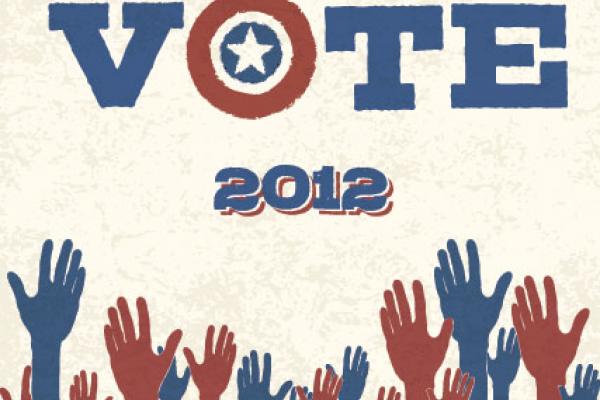Nov 6, 2012
My early voting ballot is almost complete. I have done my reading, finished my research, and ignored a sufficient amount of robo-calls and attack ads. I have made my choices for county school superintendent, state representatives, and even U.S. Senator. But there is a gaping hole at the top of my ballot ...
It is November 6, 2012, and after more than a year of carefully following the presidential campaigns I still do not know which candidate I am going to vote for. I am an independent voter but registered as a democrat. On my Facebook page I identify my political position as "a morally-conservative Democrat or a fiscally-irresponsible Republican."
Read the Full Article

Already a subscriber? Login
